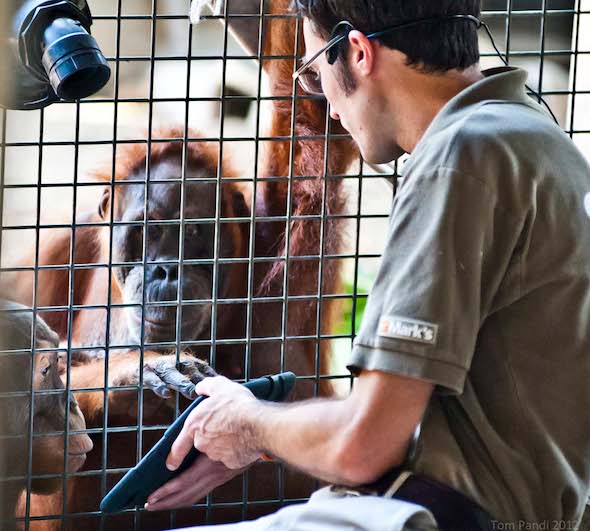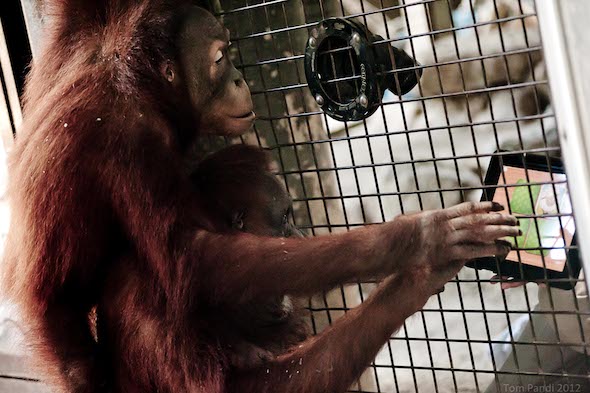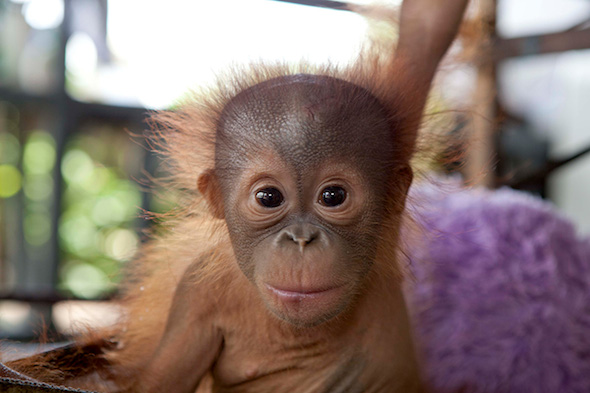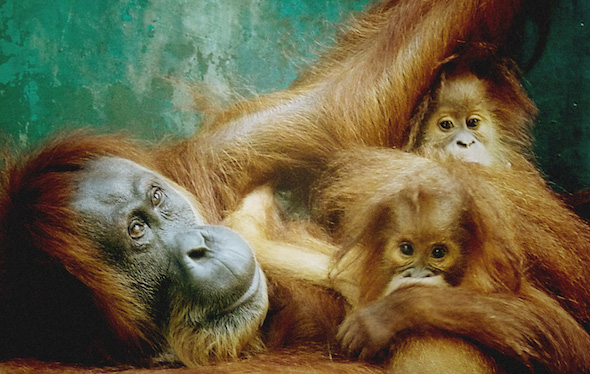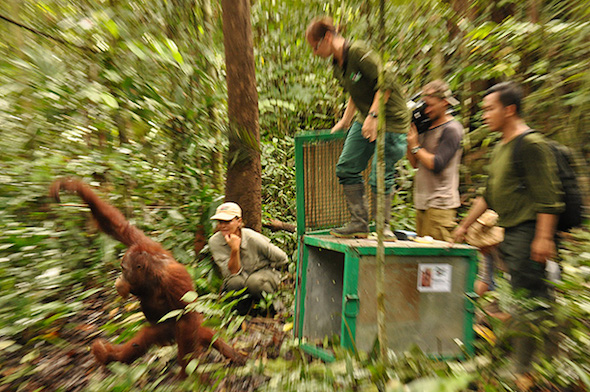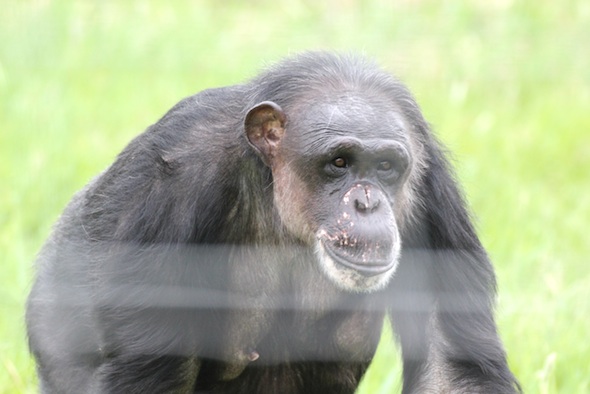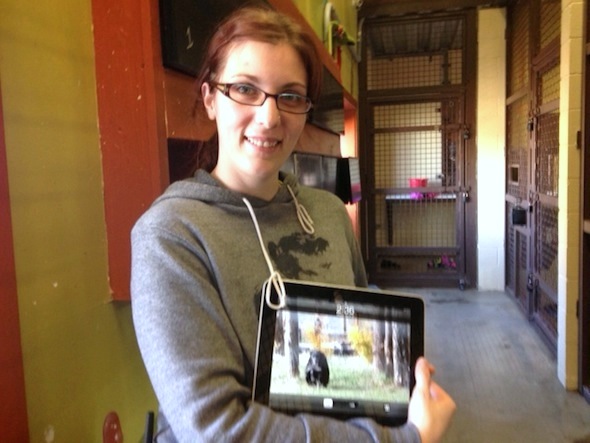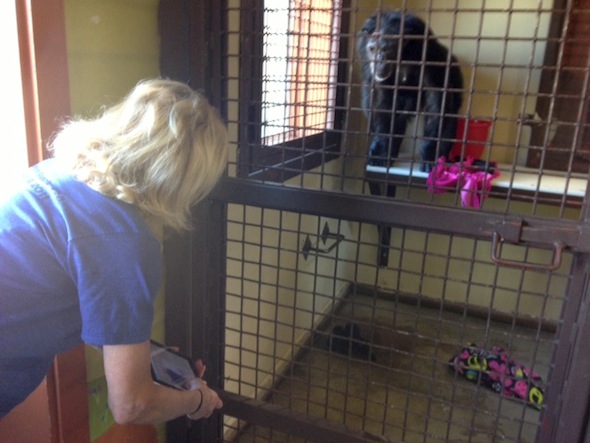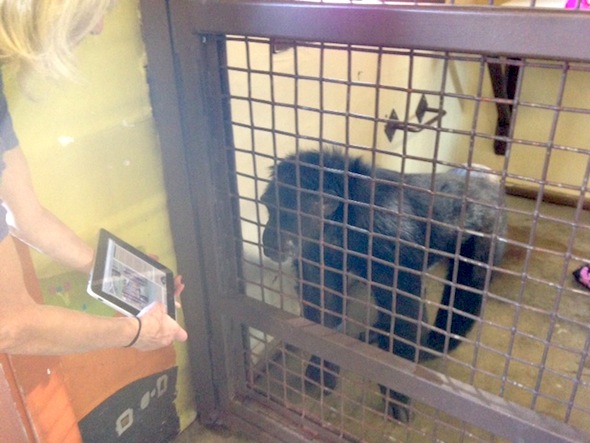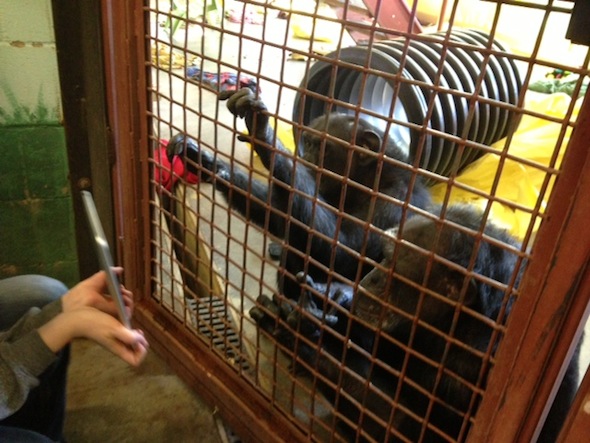In his first post, Rich Zimmerman introduced us to the plight of free-living orangutans in Indonesia. Here he tells us how his program, Orangutan Outreach, has helped with some of the issues orangutans face and how Apps for Apes helps raise awareness for those efforts.
—
How has your work with Orangutan Outreach influenced conservation efforts in Indonesia?
Since its inception, Orangutan Outreach has been able to make a notable impact in the ongoing struggle to save the orangutans. Over the past few years we’ve been able to make substantial financial contributions to our strategic partners in the field, including Borneo Orangutan Survival (BOS), IAR, Center for Orangutan Protection (COP) and SOCP. These funds go to rescuing, caring for, relocating, rehabilitating, and releasing individual orangutans back to the forest in Borneo and Sumatra. Working with our partners in the field, we’ve helped fund the rescue of individuals who, without our help, would otherwise have perished or been smuggled out of Indonesia by illegal animal traders. Our support has contributed immensely to the success of the BOS Nyaru Menteng orangutan releases. This release program is the first of its kind in history. BOS is literally re-creating a genetically stable population of orangutans in the wild and we are honored to be able to help them.
In addition to the work on the ground, Orangutan Outreach does a lot of online advocacy on behalf of the orangutans via our website, and our social media networks: Facebook, Twitter, Pinterest, and YouTube. We’ve been able to bring people together from all over and create hubs of support among our fans and followers.
Rich helping to educate the public about the plight of orangutans. Photo © Orangutan Outreach.
Tell us a little bit about the Apps for Apes program and how this helps both captive and wild orangutans.
Apps for Apes was started a few years ago as a way to provide enrichment to orangutans in zoos and sanctuaries—and has now expanded to include chimpanzees! Apes are highly intelligent creatures who require mental stimulation to keep from growing bored and depressed. Every ape is a unique individual with his or her own particular likes and dislikes, and the quality of life of apes living in zoos and sanctuaries is highly dependent on the amount and type of enrichment they receive on a daily basis. With the Apps for Apes project, we are providing iPads to ape caregivers in order to provide them with unlimited enrichment opportunities. They have access to music, musical instruments, cognitive games, art, painting, drawing, photos and videos. I should also point out that we do not spend a penny on Apps for Apes. All iPads are donated. NatGeo gave us several dozen last year when they upgraded their field staff!
Apps for Apes has three goals: 1) to provide stimulating enrichment & immediate gratification for the apes using iPads, 2) to raise awareness among zoo visitors of the critical need to protect orangutans in the wild, and 3) to promote the conservation efforts of Orangutan Outreach. For Apps for Apes to be truly successful we need to achieve ALL the goals. It’s wonderful to provide something fun for a captive ape, but we want to take it further. We want the iPad enrichment sessions to become ‘teachable moments’. Whether via live caregiver talks or stories on the news, we have a golden opportunity to get people to think about orangutans—to see them as amazing, intelligent beings who are being brutally killed in the wild—and to help them! That’s our larger goal of Apps for Apes—for the apes in captivity to truly become ambassadors for their cousins in the wild.
Puppe and her son Budi at the Toronto Zoo with their keeper Matthew Berridge. Photos © Tom Pandi for Orangutan Outreach.
What can we do at home to help with conservation efforts?
People should try their best to avoid products that contain palm oil—and spread the word to all their friends. While boycotting all products that contain palm oil is not feasible, one can always make choices in what they buy. Consumers have power. By letting companies know you won’t buy products that contribute to the destruction of orangutan habitat you are making a powerful statement! Hopefully soon—but only with outside pressure from environmental groups—there will be products that only contain palm oil that is certifiably sustainable and that has not led to the deteriorating population of orangutans. Until then, use extreme caution when shopping, and read those labels!
A really fun way for people to get involved with orangutan conservation is by adopting an orangutan on our website. The adoptions are virtual—the orangutans stay at the care center (Believe me… people ask!). Adopting an orangutan is a great way for someone to follow along as their adoptee grows up. Donations are critical to keep the projects going, but spreading awareness is also key. People can’t act if they don’t know what’s happening far away in Borneo and Sumatra. We need people to share our website with their friends, join us on Facebook and spread the word. We have lots of online materials for young people to use in school. We cannot save the orangutans alone—only together can we make a difference!
CSNW was fortunate enough to be included in the Apps for Apes program and very much appreciate the iPad we received. Since then, we also got one from Shari H. so now the chimpanzees have two iPads! Now one person can keep Jamie occupied and someone else can play with the other chimps—perfect! Here’s a video of the chimps with their iPads:

